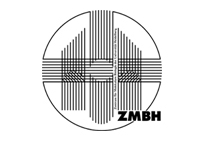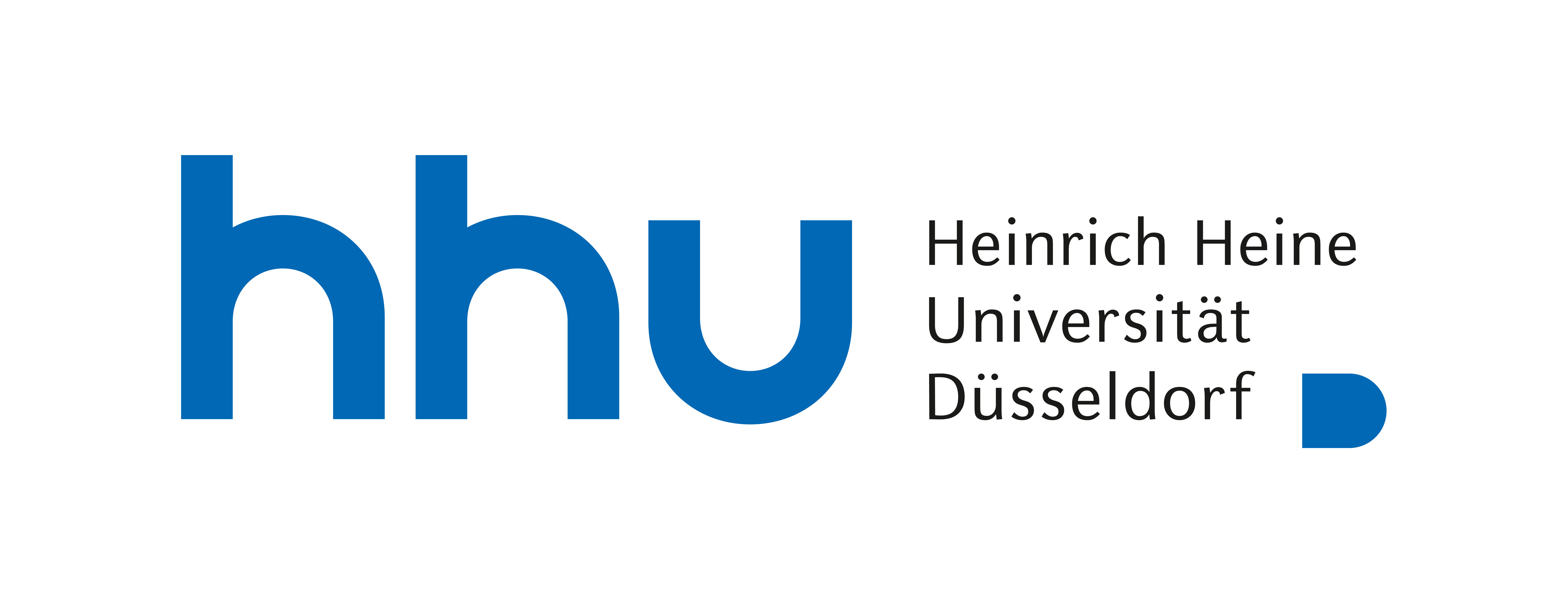LRBA (lipopolysaccharide-responsive beige-like anchor protein) deficiency is a rare genetic immunological disorder, characterized by recurrent infections, autoimmunity, and hyperinflammation.
While LRBA has been primarily associated with the regulation of CTLA-4 trafficking in regulatory T cells, this mechanism alone does not fully explain the extent of T -cell immune dysregulation seen in patients with LRBA deficiency.
In a recent study, SFB 1381 PIs Laura Gámez-Díaz and Claudine Kraft (both B10) along with their teams, identified two novel interactors of LRBA, PIK3R4 and FYCO1, which are essential components of the autophagy machinery, promoting autophagosome formation, transport, and fusion with lysosomes. Loss of LRBA disrupted the autophagosome-lysosome fusion leading to an accumulation of enlarged autophagosomes with impaired cargo degradation. Since autophagy is a major degradation system for MHC-II antigen processing, loss of LRBA resulted in an increased pool of antigenic peptides, enhanced antigen presentation, and excessive T-cell driven proinflammatory cytokine production.
This previously unrecognized function of LRBA contributes to the T-cell dysregulation and inflammation observed in individuals with LRBA deficiency, and opens new paths for understanding and potentially treating this disorder.
The study has been published in EMBO Reports.
Figure: generated with Biorender, Sindram et al. (2025) LRBA deficiency impairs autophagy and contributes to enhanced antigen presentation and T-cell dysregulation. EMBO reports 1-32-32









